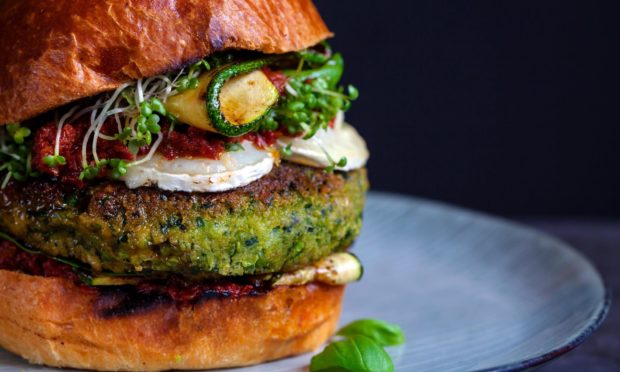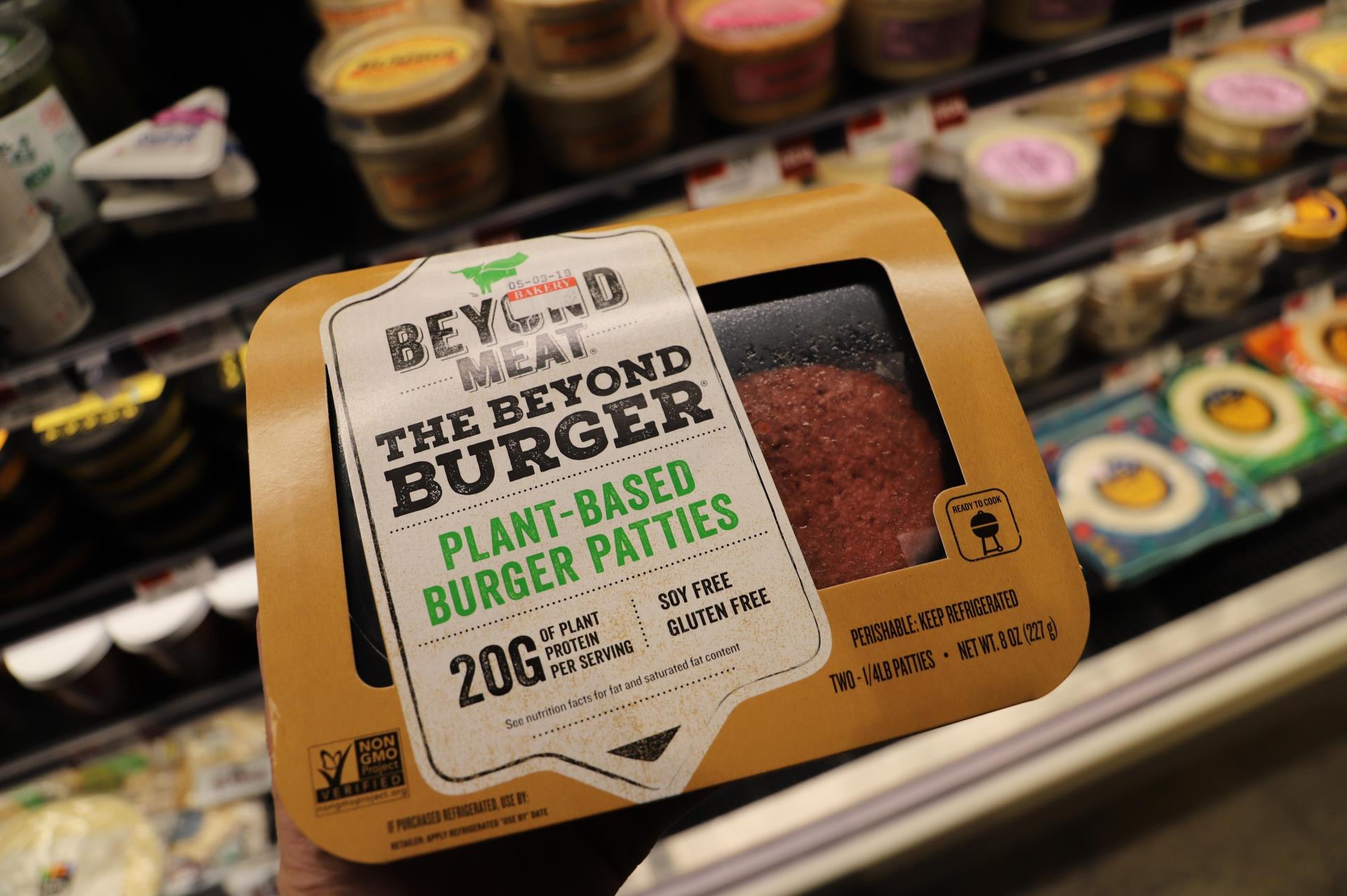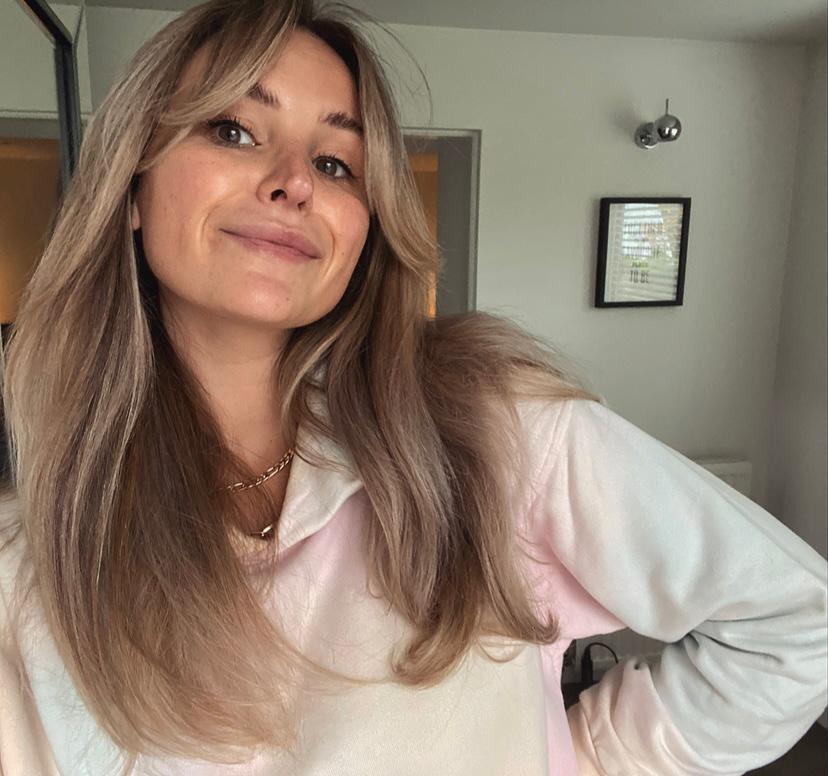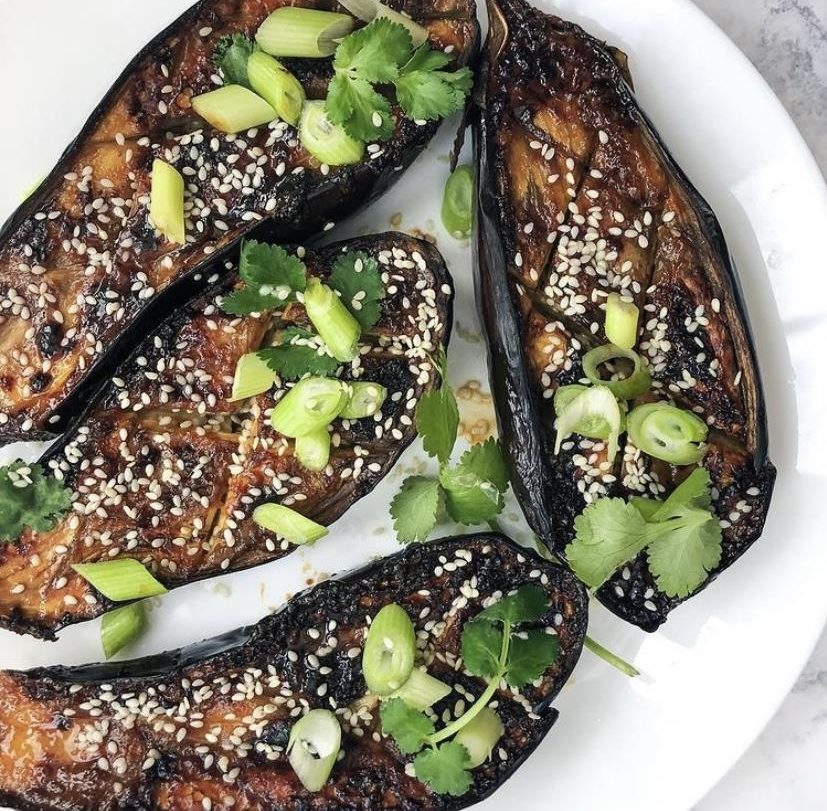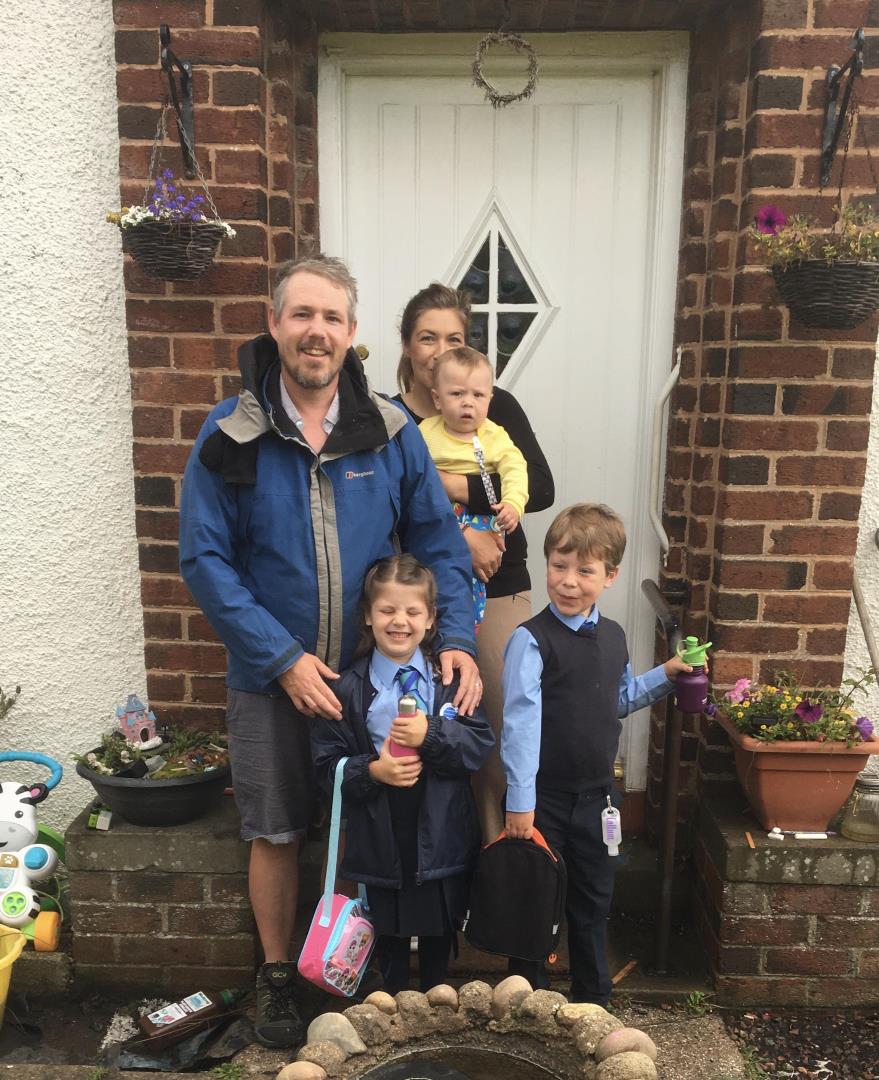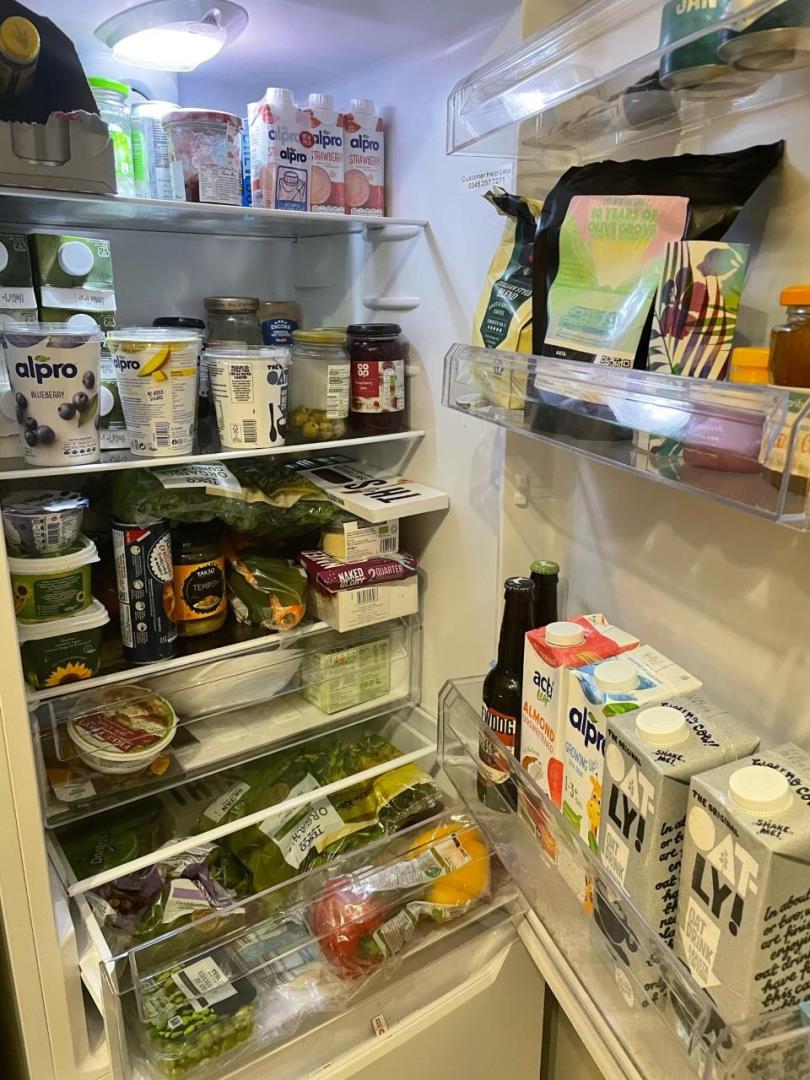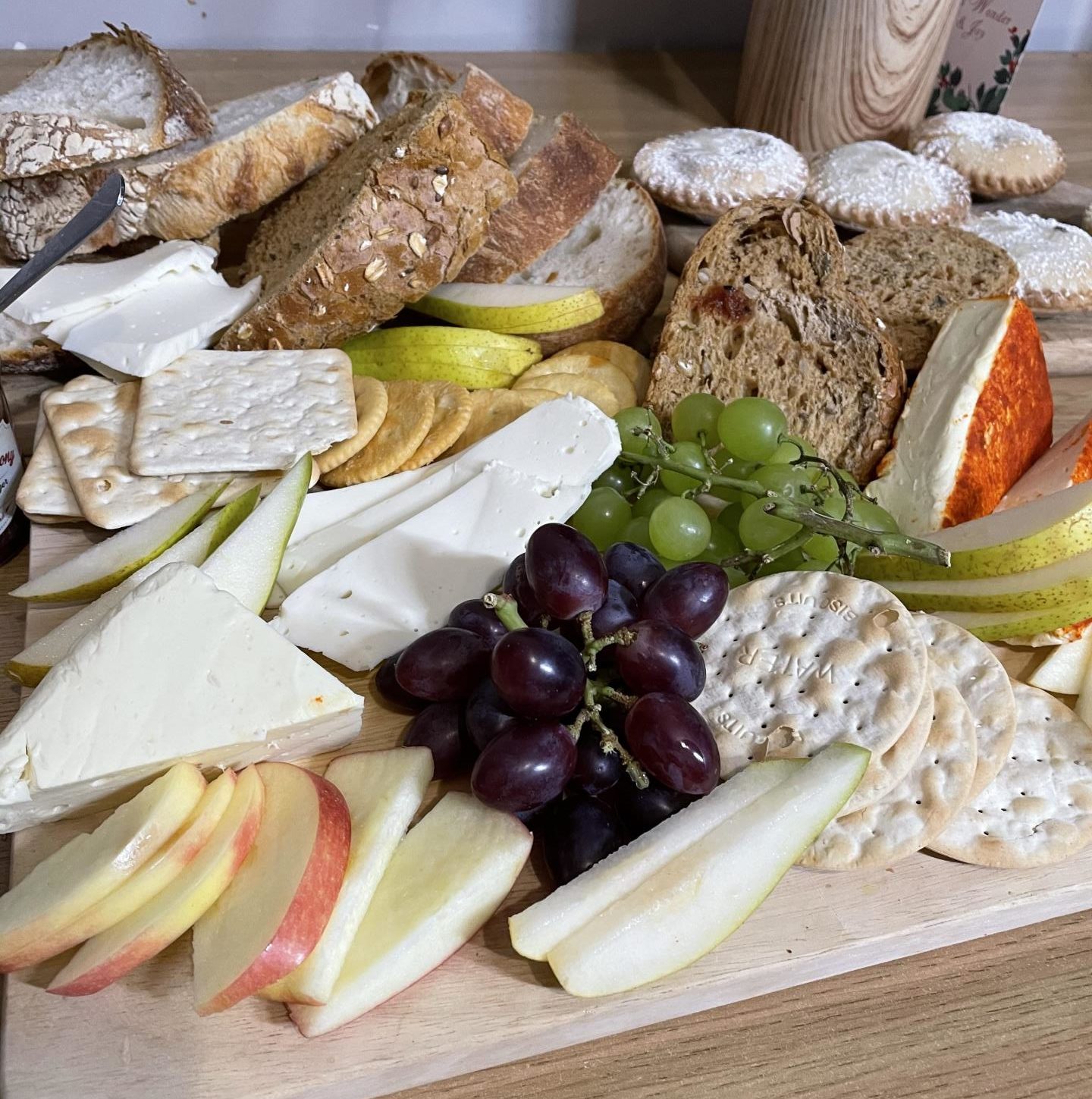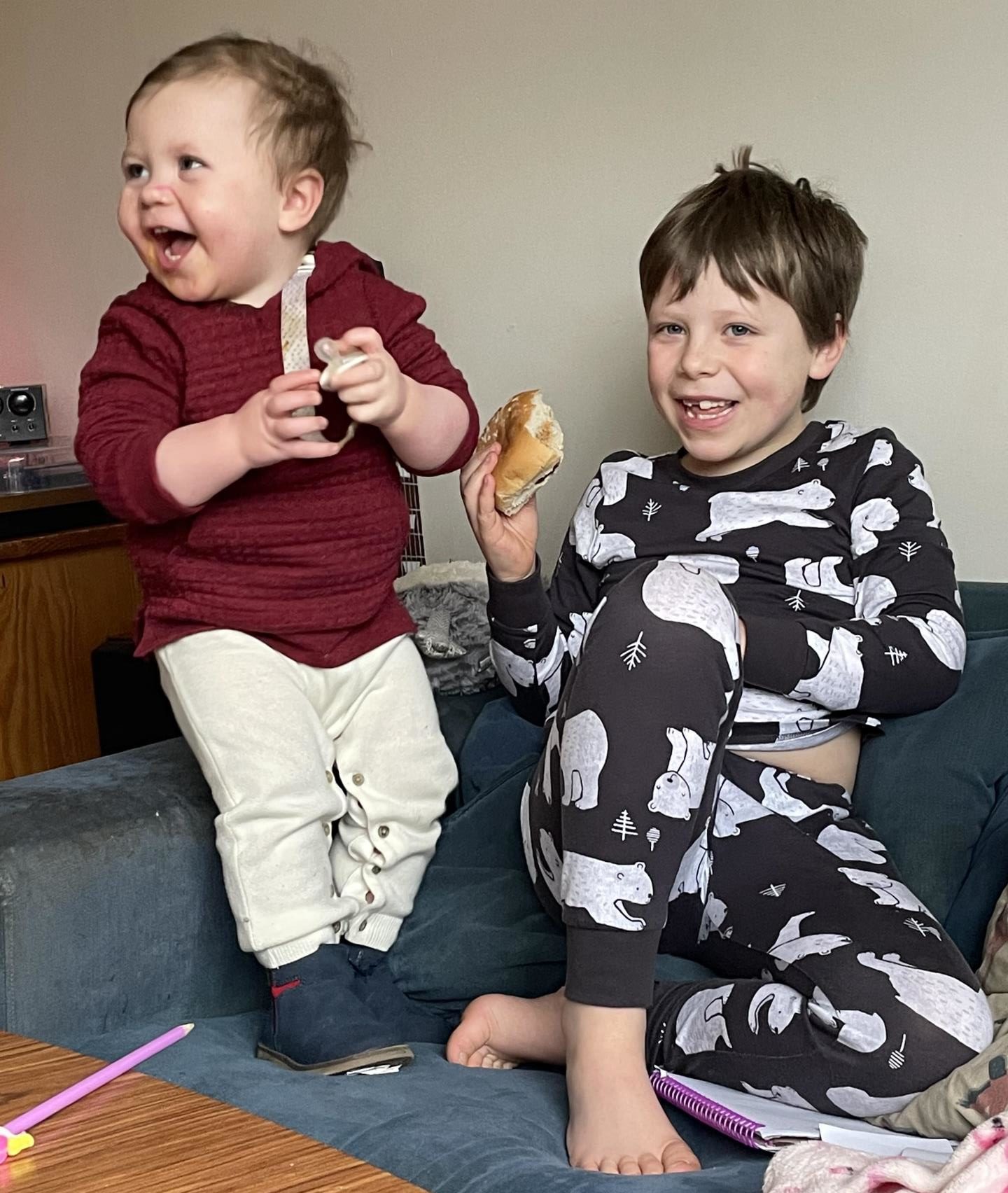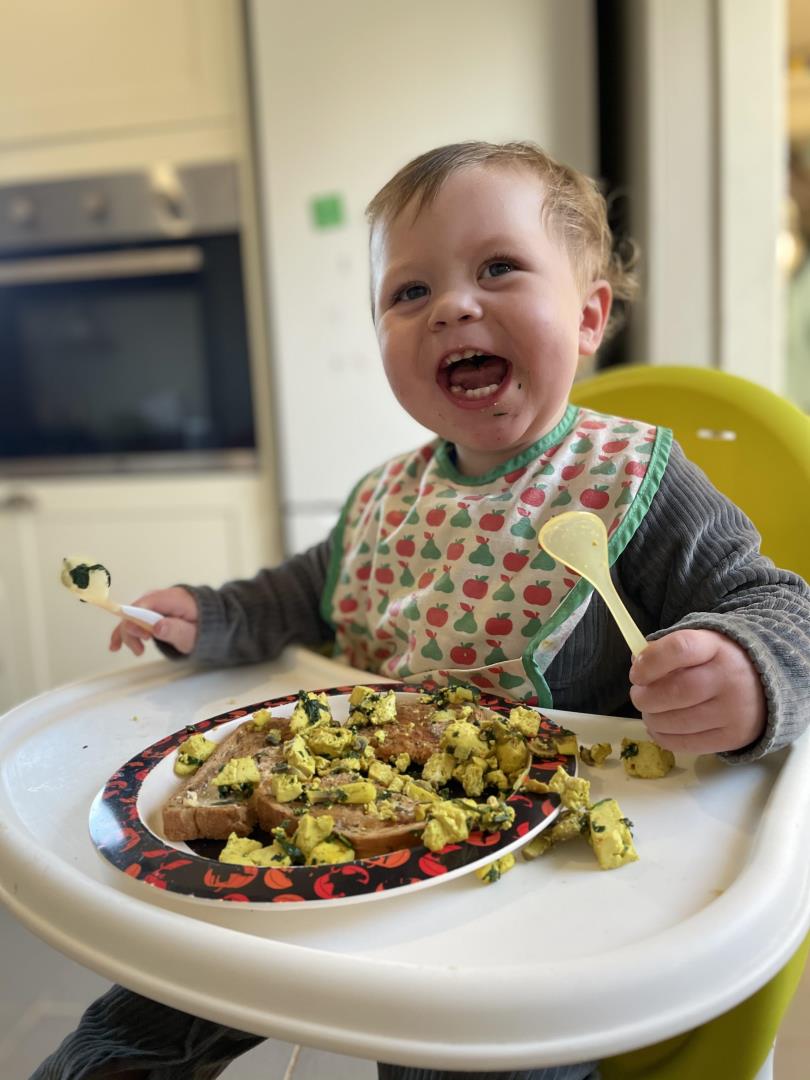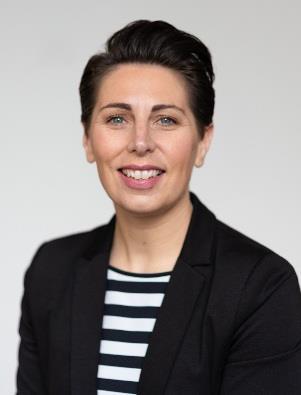As Veganuary and vegan products continue to flood our social media channels and supermarket shelves, Julia Bryce speaks to two people who follow vegan or veggie diets to find out what’s involved.
There’s no denying Veganuary is everywhere right now. From adverts promoting supermarkets’ latest vegan ranges to numerous fast food firms launching vegan alternatives, the vegan movement is having its moment in the spotlight.
But following a vegan lifestyle is not just about diet. Being vegan is a way of life.
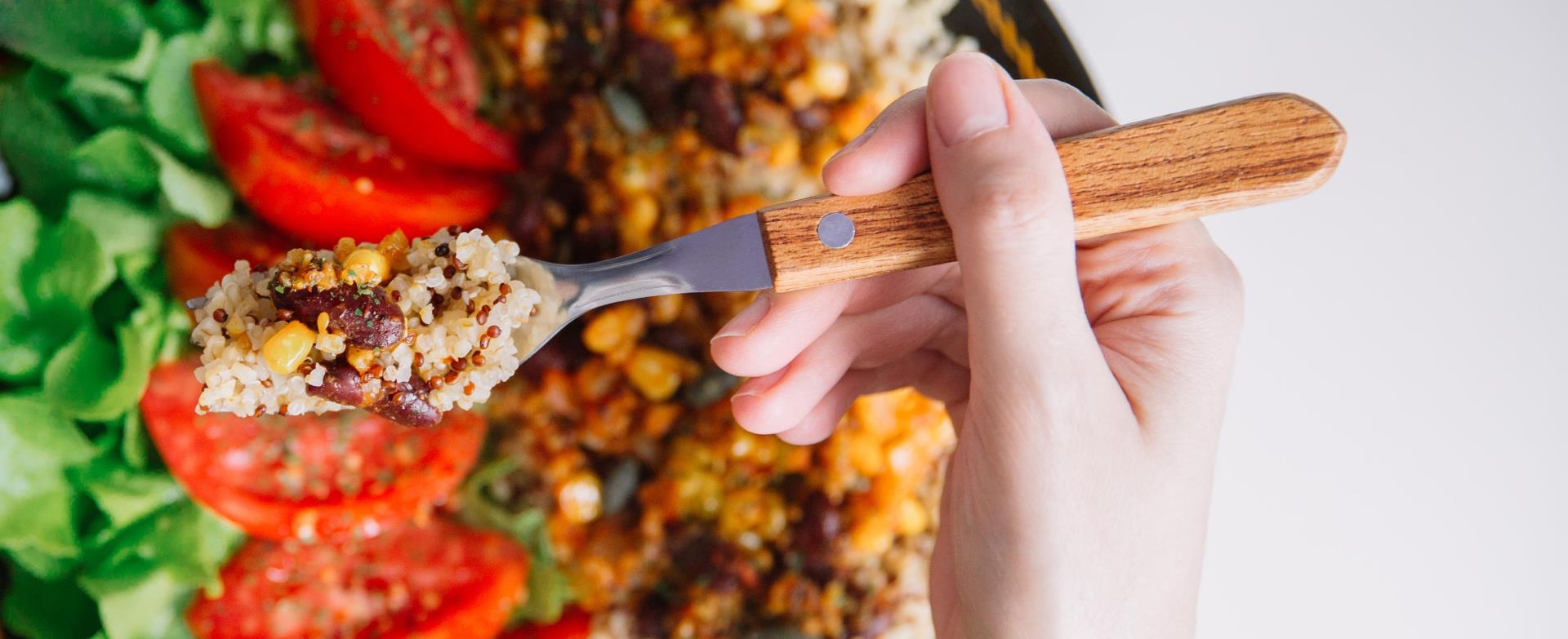
The Vegan Society defines veganism as: “A philosophy and way of living which seeks to exclude – as far as is possible and practicable – all forms of exploitation of, and cruelty to, animals for food, clothing or any other purpose; and by extension, promotes the development and use of animal-free alternatives for the benefit of animals, humans and the environment. In dietary terms it denotes the practice of dispensing with all products derived wholly or partly from animals.”
To be vegan, you must not use any sort of animal by-product in any aspect of your life, be that food and drink, beauty and skincare, clothing or household items.
And it is important to understand that those following a plant-based diet aren’t necessarily vegan, albeit the diet is closely associated with the lifestyle choice.
Both are associated with the vegan movement, and though they seem healthy in that they involve eating plant-based foods, can be just as unhealthy as any other diet depending on how much of what’s eaten is processed.
From meat alternatives which are traditionally higher in salt, to the use of supplements to ensure the right nutrition is absorbed, doing your research is important when transitioning to a fully vegan or plant-based diet.
Here, two vegans reveal their food habits and a dietitian gives their top tips on how to get the most out of a vegan diet to ensure you get plenty of B12, calcium, protein, iron, omega 3 and iodine, which are the main deficiencies associated with plant-based diets.
Jess Smit – vegan beauty business owner and talent acquisition lead
Aberdonian Jess Smit decided to go vegan five years ago after being veggie for eight years prior.
The 30-year-old owns a vegan beauty business, Solasta Skin, and when she lived in Abu Dhabi a few years ago, was one of the Middle East’s most successful vegan bloggers attracting more than 35K followers on her Instagram page alone for her blog Earth to Jessica.
She said: “I’ve always been an animal lover and as I got older I decided I didn’t want to eat them. I learned more about being veggie and vegan and about the amount of alternatives that you can have instead of meat. I noticed the health benefits that came with it, but I did it primarily for ethical reasons as veganism isn’t just about what I put on my plate, it’s a way of life and that is just one part of it.”
Natural vs meat processed alternatives
Jess says she follows a varied diet, but doesn’t lean on meat alternatives.
She explained: “I try and not eat the meat alternatives too much as they are processed foods. I prefer wholefoods and try to have those most of the time. I would have a vegan protein shake or porridge in the morning, for lunch I’d have wholegrains and chickpeas and vegetables – the ones that have the nutrients I need.
“You can get all of your fats, carbs and proteins from foods like beans, lentils, nuts, chickpeas and seeds. I try and veganise meals like spaghetti Bolognese for dinner. You could use a meat alternative or beans.
“I’m usually 60% wholefoods and 40% alternatives. There’s so many things that are vegan that people don’t even realise.
“I take a supplement which is a vegan multivitamin but it doesn’t strike me as being that much different to a standard multivitamin. I have had various medicals over the years with my job and recently I sent away a hair sample to get information on my diet and it told me all of my levels were on point, I wasn’t lacking anything. I feel comfortable knowing I am getting the nutrients I need. You have to do a bit of research when going vegan. It’s not difficult and there’s so many resources online.”
Testing recipes
“Veganising” her dishes, Jess loves to cook and takes inspiration from all sorts of recipes – including ones with meat or seafood which she adapts to put her own vegan twist on them.
“I just veganise recipes. I’ll take a recipe and use different ingredients and I’ll substitute the ingredients I need to be able to make it,” said Jess.
“I do come up with my own [recipes] and I like the process of trial and error and tasting different things, but I like to take inspiration from other people’s recipes. I really love using nutritional yeast which is vegan flakes with a tangy, nutty cheese taste to it.
“The nickname for it is ‘Nooch’ and it is great for adding to things like stocks and mac and cheese, but the great thing about it is that it’s a source of B12 which is something that can be difficult to get in a vegan diet. It is also high in protein and vitamin D, too.
“I love That Protein and Misfits protein powders as they are all natural and are really just plant powders blended together. You can add them to dishes or have with plant-based milkshakes.
“A lot of people go vegan and struggle with giving up chocolate or cheese, or are scared to go vegan because of them, but there’s some great products out there now. I really like Booja Booja and Nomo for chocolate and Left Coast Culture and Tyne Chease for vegan cheese.”
Jude Dryden – a vegan mum to three vegan children
Eating veggie since the age of seven, it was nine years ago when Jude Dryden, who lives in Carnoustie, turned vegan.
Her husband Chris is also a vegan and the couple have raised their three children, Callum, seven, Winnie, five, and 15-month-old Findlay on a vegan diet.
The 38-year-old transitioned to veganism for ethical reasons and has been delighted to see the amount of products available for vegans in supermarkets increase over the years.
She said: “Being vegan wasn’t really a big thing when I first started. My husband has been vegan for a long time and it is 100% an ethical decision rather than anything to do with diet. A lot of people will say they are on a vegan diet but actually it is plant-based as they aren’t doing it for the ethical reasons and don’t live a vegan lifestyle as such.
“I guess raising kids on a vegan diet has been just as easy for anyone who isn’t vegan I would say. I think when kids are used to eating lots of veg from birth it is just the norm.
“For all of the processed junk food like fish fingers, burgers and sausages, there’s a vegan version now too, and while being vegan can be healthy, it can also be very unhealthy if you’re eating all the wrong things – just like any diet.
“I try not to use meat alternatives like veggie mince all the time. Callum’s favourite thing is eating pasta with pesto with some nutritional yeast on top which is full of B12 and nutrients. We make things like spaghetti Bolognese, mince and tatties, and I make loads of soup as it’s a great way to get in a load of veg and protein from lentils. And there’s nights we have pizza and things like that. The kids eat the same as us, although I’ll add more veg on the side for Chris and I.
“I also make chilli with various different beans which is a great source of protein but it doesn’t have the saturated fat and cholesterol like the meat version.”
Babies and veganism
While there is no vegan baby milk formula available on the UK market yet, Jude says she picked the formula that caused the least harm to animals and the environment, and she breast fed, too.
She added: “I wasn’t able to breast feed my kids exclusively so I also bottle fed them. With Findlay this time around a friend also had just had a baby before me and she gave me heaps of milk. We also used a soya milk formula and while it isn’t vegan just yet, it causes the least harm to animals and the planet, and it allowed me to still feed my children when they were babies. Findlay was weighed 10lbs 10oz when he was born.
It is 100% an ethical decision rather than anything to do with diet. Being vegan is about not doing harm to animals.”
Jude Dryden
“You can buy vegan baby food nowadays and it is really easy to introduce different tastes and textures with what you are eating, providing it’s not high in salt or processed. A banana or avocado mushed always goes down a treat. It is very similar how people who are omnivores would introduce food into their kids’ diets.”
What your body needs
While a vegan diet can be healthy, there are also elements that those looking to change their food habits need to consider before doing so. When transitioning to eating a fully plant-based or vegan diet, Glasgow-based dietitian and nutritionist Lesley Reid of Lesley Reid Nutritional Health suggests doing research beforehand.
With 19 years’ experience working as an NHS and freelance dietitian, Lesley says that while these diets can definitely be beneficial to your health, you need to know how to get the most out of what you are eating.
With B12, iron, omega 3, calcium and iodine the main deficiencies found in those not eating meat or fish products, Lesley says there are ways of getting these products into your everyday life.
She said: “There can be this health halo effect with products that say they are vegan, but not everything that is vegan is good for you. For things that taste nice there will be lots of salt and sugar.
“It is worth doing your research and you should look into getting a vegan supplement along with vitamin D until you master a vegan diet as it can be a real transition and it’s important you get all the right nutrients until you understand it more.
“It is definitely beneficial for lowering blood pressure, is potentially higher in potassium and lower in sodium and potentially higher in fibre which helps protect against bowel cancer and female cancers, and helps with heart diseases. There are many benefits of it but if you’re going full vegan there are vitamins you need to keep an eye on.”
Protein
“Being plant-based, it is naturally slightly higher in carbs and fats. Often it is mainly protein that needs attention. We need a constant supply of it for our bodies to renew our cells. There are certain foods vegans should include which will help, like tofu, tempeh, vegan sausages and burgers that have pea and soya protein in them. Quorn, lentils, chickpeas, edamame beans, and pulses are all richer sources of protein as well as nuts, seeds and certain grains like oats, quinoa and rice.”
Calcium
“Plant-based milks aren’t naturally high in protein and lots are fortified with calcium. Sweet potatoes, soya and kidney beans and almonds have a degree of calcium. Our bone mass usually peaks around 25 so you want to make sure you’ve had a good intake of calcium. There’s a high percentage of younger adults looking into veganism so make sure you have enough.”
Heme/non-heme iron
“There are two types of iron – non-heme iron and heme iron. Non-heme is what you get from plants but it is harder to get out of the plants because of the fibre variety so you need to ensure when you’re having a meal that it contains a little vitamin C like chopped tomatoes or orange juice which helps draw out the iron from the food.
“Other sources would be dark green leafy veg, kale, chickpeas and lentils. Be careful you don’t consume tea or coffee at the same time as it doesn’t help with the absorption of iron.”
Omega 3
“Usually found in oily fish it protects against blood clots forming and things like that. Make sure you’re eating walnuts, rapeseed oil, and flaxseed as these are better sources of it.”
B12
“Most vegans supplement B12 as you get it from the bacteria on animal products. It isn’t actually the animal products themselves that give us it. You make some of it in your stomach, but the rest has to be consumed. You can get it from nutritional yeast and breakfast cereals, but I would recommend a supplement. If you are deficient you can become anaemic.”
Iodine
“Iodine usually comes from milk and I wouldn’t recommend taking a supplement of it, as it can affect our thyroid. You can get it from nuts, fruits and beans and can use iodised salt or get it from seaweed, but be careful of brown seaweed as it is too rich.”
